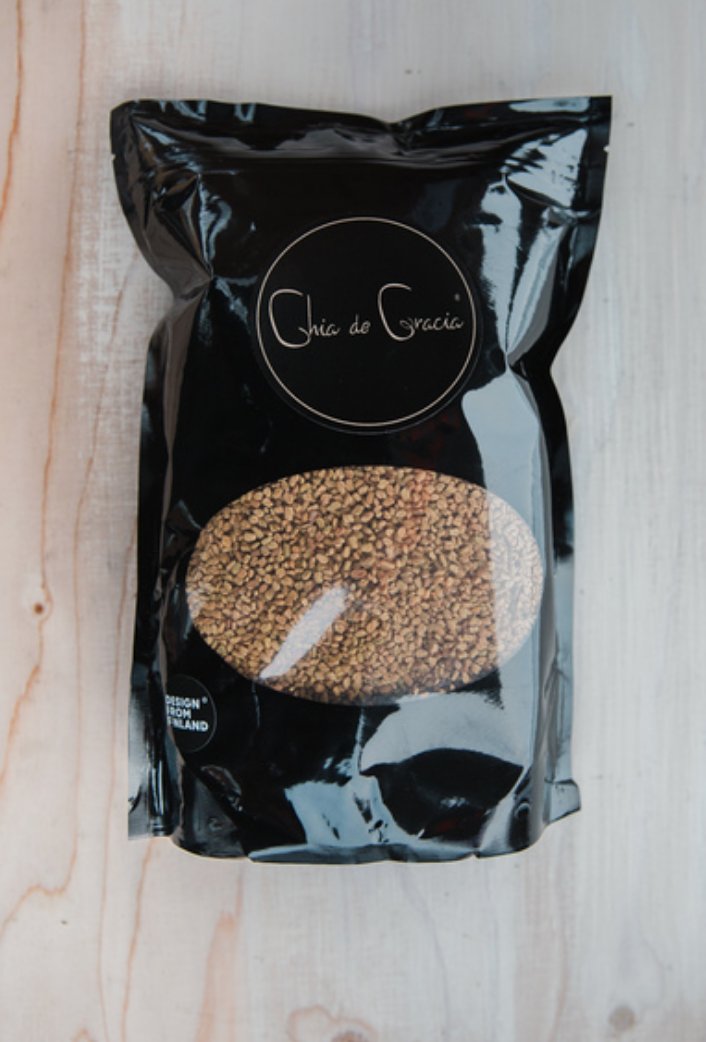Chia de Gracia
Fenugreek Seeds 1 kg
Delivery time 5-7 days
Couldn't load pickup availability
Historically, Fenugreek Seeds was given to help horses to gain weight. The plant was also added to hay to improve palatability, hence the name foenum-graecum, which means “Greek hay.” But there are also many other benefits of this versatile plant.
When the seeds are soaked, a slimy, soothing mucilage is formed. This mucilage can coat and soothe a damaged or irritated gastrointestinal tract. Fenugreek seeds have been studied for their ability to protect the stomach from ulcer formation*.
Often when the digestive tract is damaged or unbalanced, we see bloating and gas. Fenugreek can improve digestion, tackling these symptoms.
Fenugreek may help to maintain normal glucose and insulin levels. Many studies in humans and rats have shown Fenugreek’s ability to slow glucose absorption and improve insulin sensitivity.*
Fenugreek seeds are an excellent source of protein (30%) for horses that have difficulty gaining muscle mass. An excellent protein supplement also for old or convalescent horses.
With its array of flavonoids, including quercetin and its steroidal saponins, Fenugreek can be helpful for horses with cold sensitivity of joints. Cold weather worsens the symptoms, makes horses stiffer, and causes them to seek heat by standing in the sun. Consider using Fenugreek with Boswellia, Devil’s claw, or Turmeric on horses that exhibit symptoms of cold sensitiviness.
Dosage:
horse 500 kg:
20-30g / vrk.
1 tablespoon = 12 g.
Fenugreek is generally considered a food-safe herb; however, it should not be used during pregnancy. Also avoid large doses if your horse has low thyroid activity.
* Pandian RS, Anuradha CV, Viswanathan P., Gastroprotective effect of fenugreek seeds (Trigonella foenum graecum) on experimental gastric ulcer in rats, J Ethnopharmacol. 2002 Aug;81(3):393-7
Share



